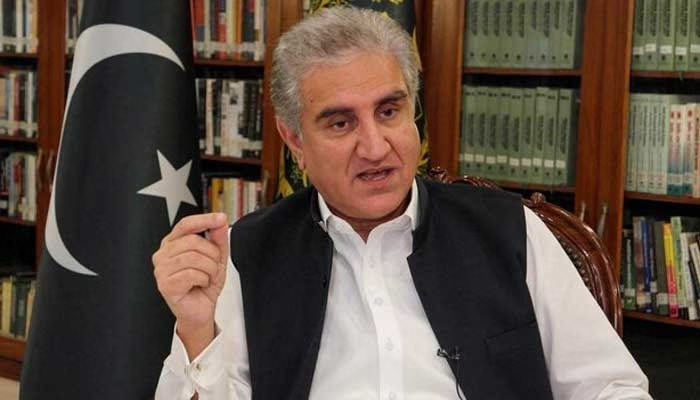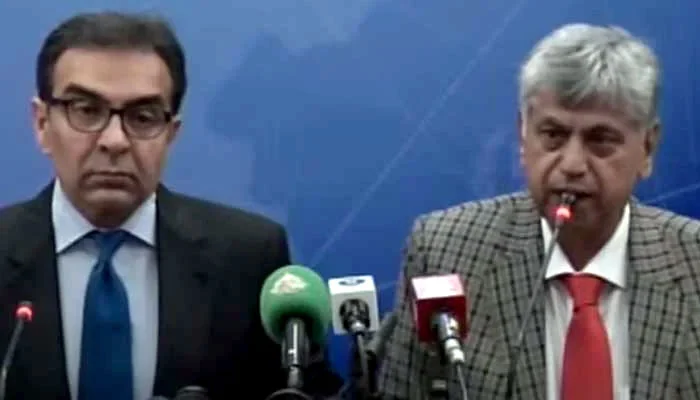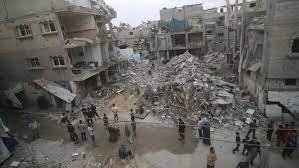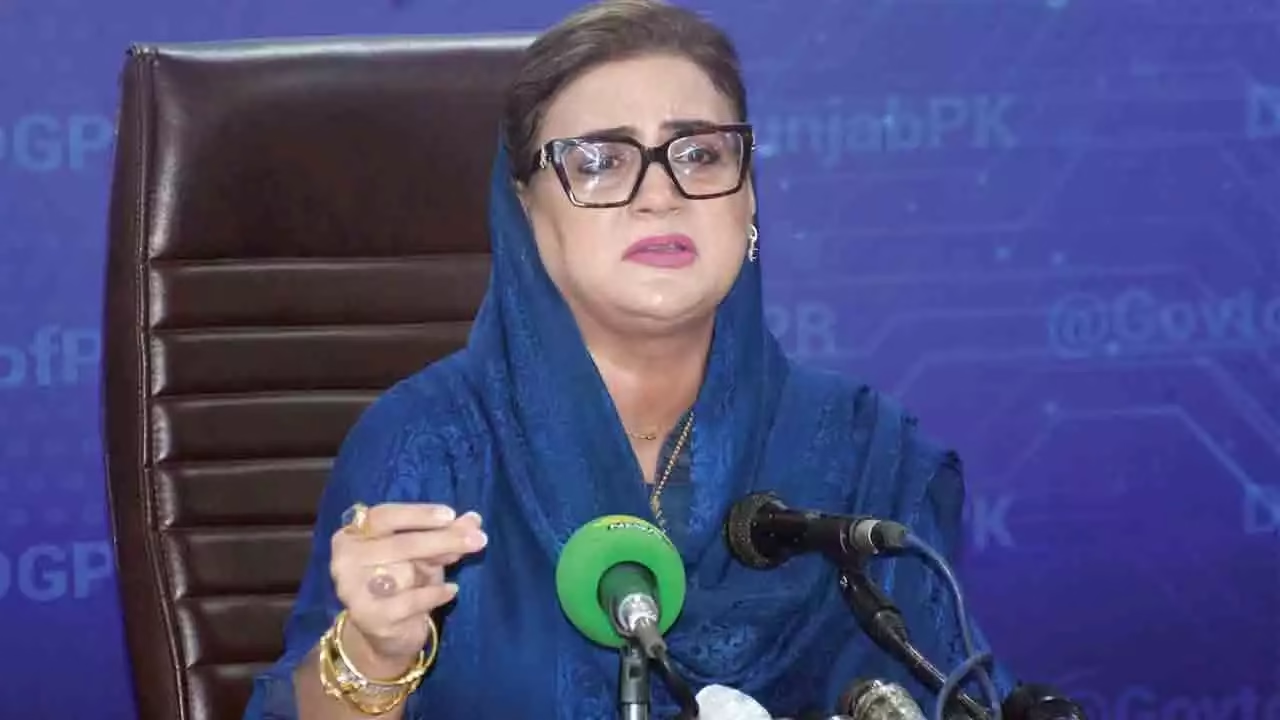RAWALPINDI: Amid ongoing uncertainty regarding potential negotiations between the Pakistan Tehreek-e-Insaf (PTI) and the current government, senior PTI leader Shah Mahmood Qureshi, who is currently incarcerated, has emphasized the importance of dialogue over confrontation. Speaking to journalists at Adiala Jail on Thursday, the former foreign minister stated that Pakistan urgently requires political stability, which he believes is crucial for achieving economic stability.
“Pakistan needs political stability at this time… political stability is vital for economic stability,” Qureshi remarked, highlighting the need for resolving issues through mutual consensus rather than conflict.
His statements come as ambiguity looms over the much-discussed PTI-government dialogue, which has been a central topic of political discourse since PTI founder Imran Khan announced a negotiation committee.
PTI’s Negotiation Committee
The PTI negotiation committee, tasked with addressing key issues, comprises prominent figures including National Assembly Opposition Leader Omar Ayub Khan, Khyber Pakhtunkhwa Chief Minister Ali Amin Gandapur, Sunni Ittehad Council (SIC) Chief Sahibzada Hamid Raza, legal expert Salman Akram Raja, and former National Assembly Speaker Asad Qaiser.
The committee has been authorized to demand the release of political prisoners undergoing trial and to push for the establishment of a judicial commission to investigate the events of May 9, 2023, as well as the late-night crackdown on PTI protesters on November 26.
Initially, PTI had announced the launch of a civil disobedience movement, but the plan has been deferred by Imran Khan for a “few days” following requests from PTI leaders.
Qureshi’s Perspective on Dialogue
During his interaction with reporters, Qureshi stressed that his party was being subjected to political victimization. Referring to the controversial May 9 events, Qureshi stated that he was in Karachi at the time, distancing himself from the incidents.
He also revealed details of his recent conversation with Imran Khan, during which he advised postponing the civil disobedience movement to assess the government’s sincerity toward negotiations.
“The government earlier sought a conducive environment for talks from PTI,” Qureshi said, expressing disappointment that despite PTI forming a committee to facilitate discussions, the government appeared reluctant to engage meaningfully. “Political dialogue is the only way out under the current circumstances,” he added.
When questioned about his engagement with PTI’s leadership, Qureshi confirmed that he had shared his views and urged the party to prioritize negotiations. Drawing on his four decades of political experience, he emphasized the importance of listening to diverse perspectives within the party.
Positive Signs from Gandapur
In a parallel development, Khyber Pakhtunkhwa Chief Minister Ali Amin Gandapur expressed cautious optimism about progress in the dialogue process. Speaking to journalists outside the makeshift court in Adiala Jail, Gandapur hinted at “positive progress” from both the government and opposition sides by Saturday, December 21.
The chief minister noted that the number of missing PTI workers had significantly decreased—from 200 to 54—a development he attributed to ongoing efforts to resolve the political crisis.
“Under the circumstances that have arisen, we are forced to think for Pakistan,” Gandapur stated, expressing hope that all political stakeholders would carefully deliberate and find a mutually acceptable solution. “If those who are in power give a signal, a positive response will also come,” he added.
The Path Forward
Qureshi’s call for dialogue underscores the urgent need for political reconciliation in Pakistan amidst mounting economic and social challenges. His plea for mutual consensus echoes sentiments from both sides of the political spectrum, suggesting a shared recognition of the necessity for stability.
As December 21 approaches, the potential for progress in PTI-government talks remains a focal point for observers. While uncertainty persists, the remarks from Qureshi and Gandapur offer a glimmer of hope for constructive engagement and a peaceful resolution to the country’s political impasse.
For now, the nation waits to see whether these efforts will lead to a breakthrough, as political stability remains critical for addressing Pakistan’s pressing economic and social issues.



